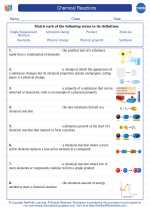Calculus
Calculus is a branch of mathematics that focuses on the study of rates of change and accumulation. It is divided into two main branches: differential calculus and integral calculus.
Differential Calculus
Differential calculus is concerned with the concept of the derivative, which represents the rate of change of a function. The derivative of a function f(x) is denoted as f'(x) or dy/dx, and it measures how the function changes as the input variable x changes.
The derivative of a function can be calculated using the limit definition:
f'(x) = lim(h->0) [f(x + h) - f(x)] / h
Alternatively, it can be found using differentiation rules such as the power rule, product rule, quotient rule, and chain rule.
Integral Calculus
Integral calculus deals with the concept of the integral, which represents the accumulation of quantities. The definite integral of a function f(x) over an interval [a, b] represents the net area between the curve y = f(x) and the x-axis over that interval.
The definite integral is denoted as:
∫[a, b] f(x) dx
It can be evaluated using techniques such as Riemann sums, the fundamental theorem of calculus, integration by substitution, integration by parts, and trigonometric integrals.
Applications
Calculus has numerous applications in various fields, including physics, engineering, economics, and biology. It is used to model and analyze real-world phenomena such as motion, population growth, electrical circuits, and fluid dynamics.
Study Guide
If you're studying calculus, here are some key topics to focus on:
- Understanding the concept of the derivative and how to calculate it using the limit definition and differentiation rules.
- Grasping the concept of the definite integral and learning techniques for evaluating integrals.
- Exploring applications of calculus in real-world problems and understanding how to set up and solve related-rate and optimization problems.
- Practice solving problems involving derivatives, integrals, and their applications to solidify your understanding of the concepts.
Remember to seek help from your teacher or tutor if you encounter challenges, and make use of resources such as textbooks, online tutorials, and practice problems to reinforce your learning.
[Calculus] Related Worksheets and Study Guides:
.◂Chemistry Worksheets and Study Guides High School. Chemical Reactions
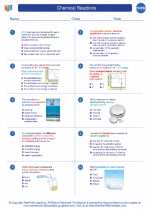
 Worksheet/Answer key
Worksheet/Answer key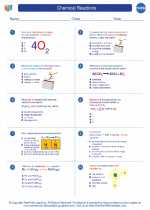
 Worksheet/Answer key
Worksheet/Answer key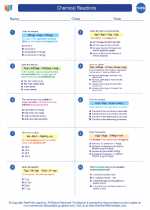
 Worksheet/Answer key
Worksheet/Answer key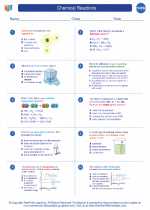
 Worksheet/Answer key
Worksheet/Answer key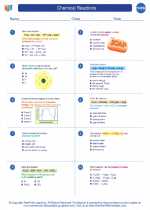
 Worksheet/Answer key
Worksheet/Answer key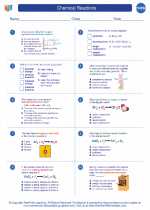
 Vocabulary/Answer key
Vocabulary/Answer key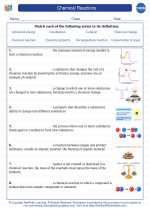
 Vocabulary/Answer key
Vocabulary/Answer key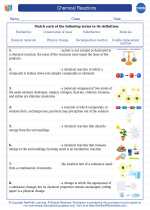
 Vocabulary/Answer key
Vocabulary/Answer key